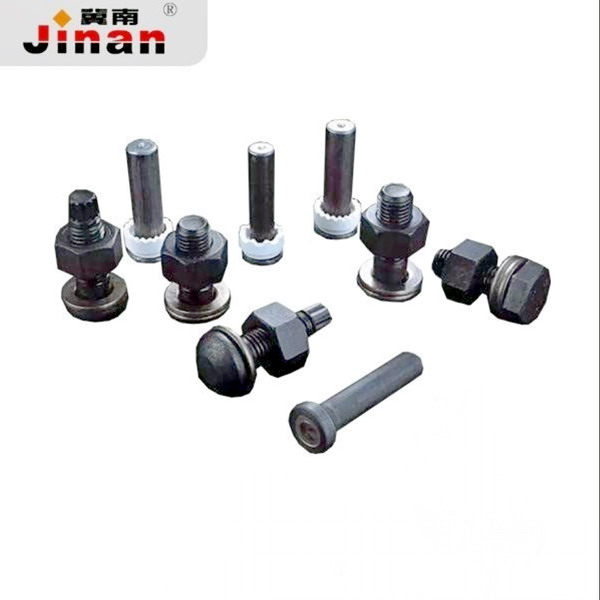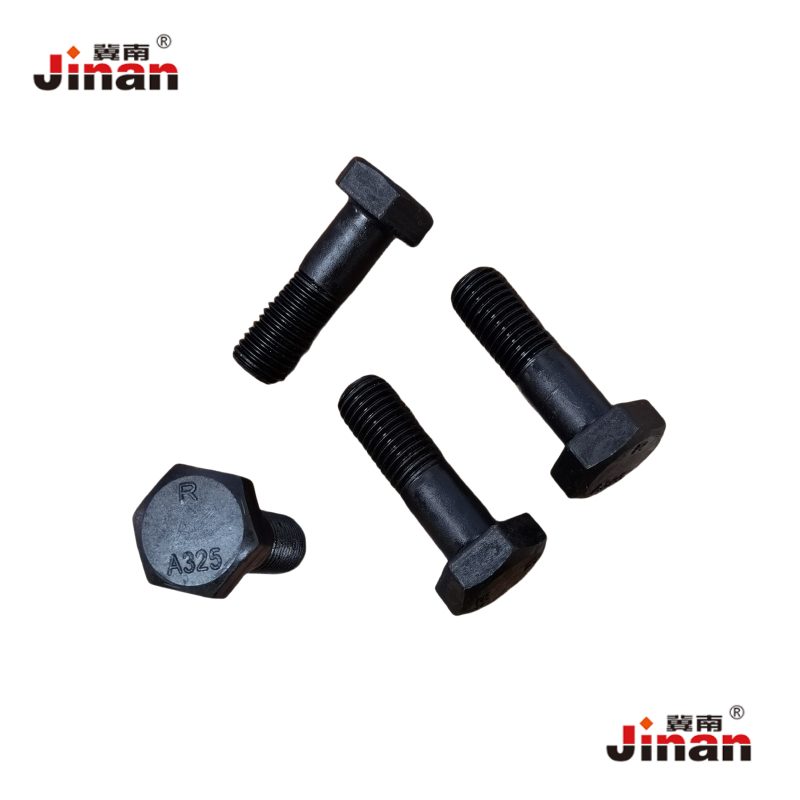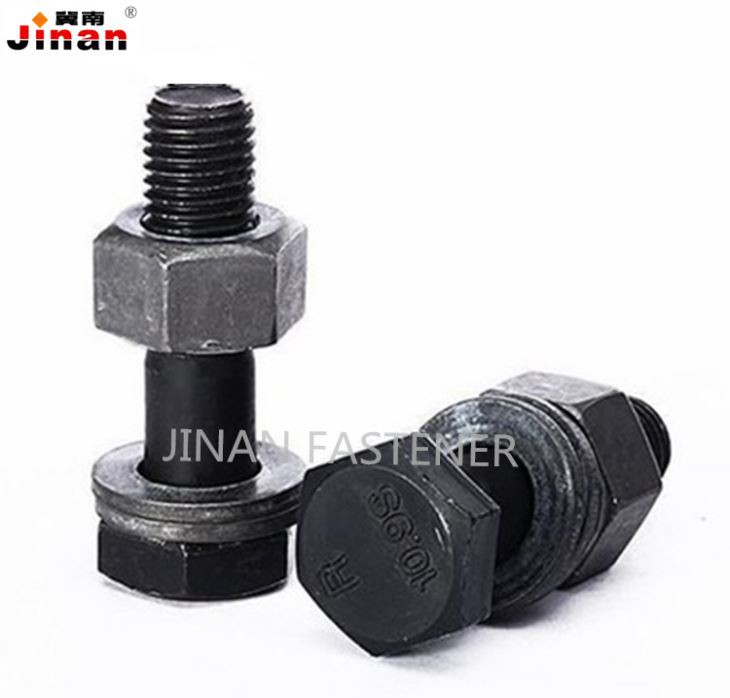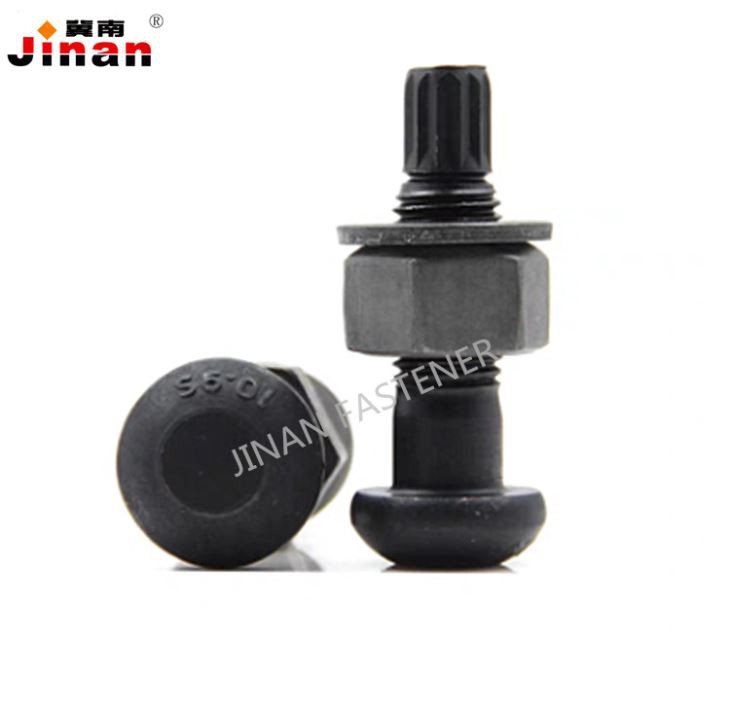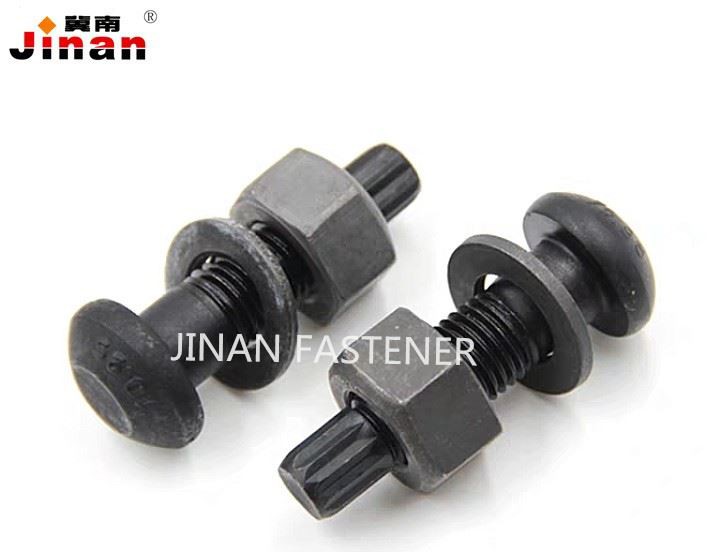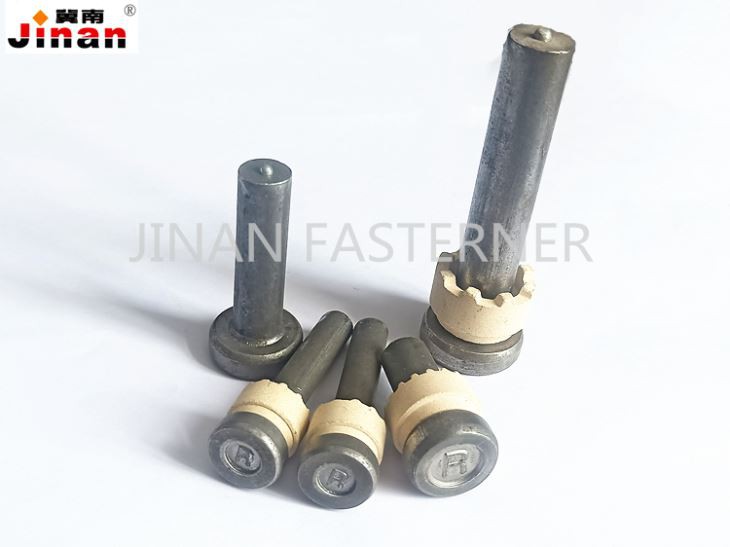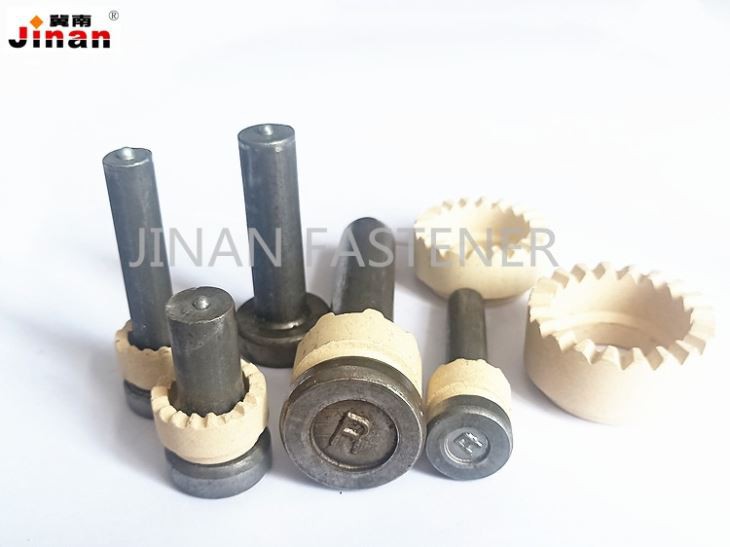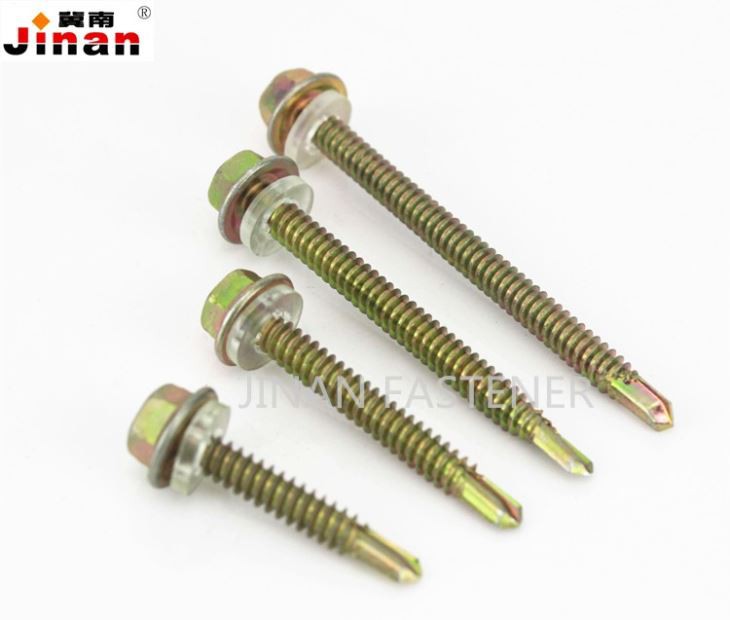News
The Danger Of Bolt Rust
Derusting rusty nuts and bolts from rusty equipment may be a very troublesome thing. Rusting of parts in the equipment will seriously damage the manufacturing workshop or the processing of industrial products. Unless it is specially treated with anti-rust materials, for fasteners, almost all products will have iron-based components that are rusty, especially in the specific environmental conditions that accelerate this type of degradation. Although rust is not an obvious test in every form, the accumulation of rust over time will cause component failure and eventually affect the use of equipment.
Rust, traditionally only refers to the formation of iron-based metals and alloys in iron oxide, although other types of metals face similar various oxide corrosion, the combination of water and oxygen will lead to the formation of these iron oxides to form along the Hard, non-reactive coating on the surface of the metal. As the rusty part of the metal component begins to flake away, more surface areas are exposed and the rusting continues until all substances of oxygen, water and carbon dioxide are consumed, or the material is completely dissolved.
In fastener products, such as: U-shaped bolts that are prone to rust, rust corrosion can lead to the failure of larger components or the entire machine, making it more important to quickly deal with the rust problem. Remove rusty fasteners If bolts and screws are exposed to moisture for an extended length of time, they will begin to rust quickly. In automotive parts, ships and outdoor use, even home appliance fasteners are subject to high humidity environments, which can reduce the functionality of the device where the fastener is housed. Removal of these components can be difficult, especially if the thread has become a rusted or degraded metal head, which makes them difficult to hold with a wrench or screwdriver.

